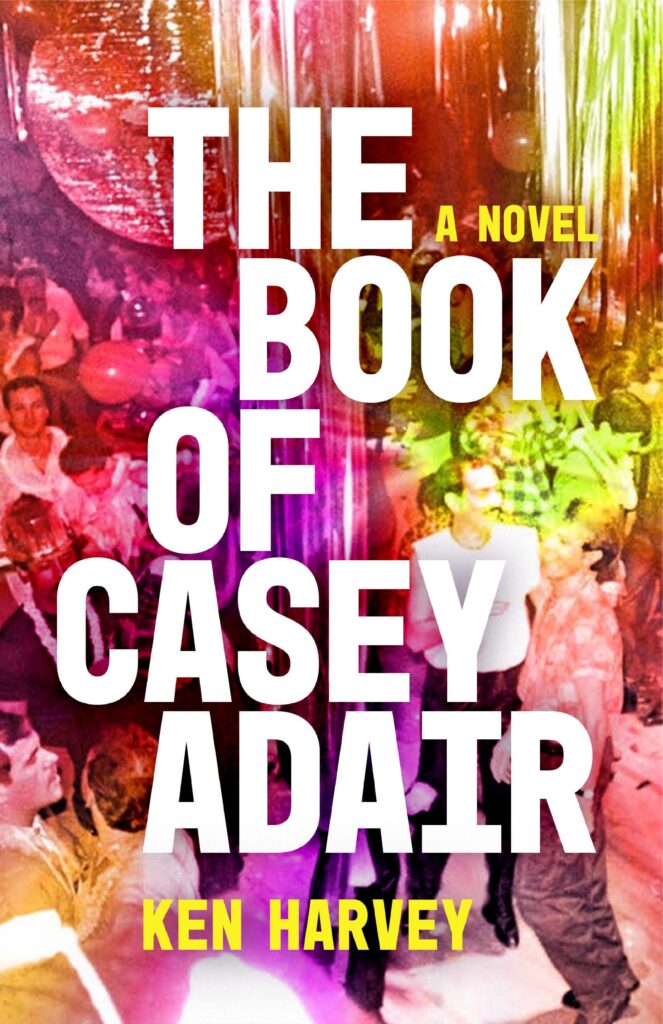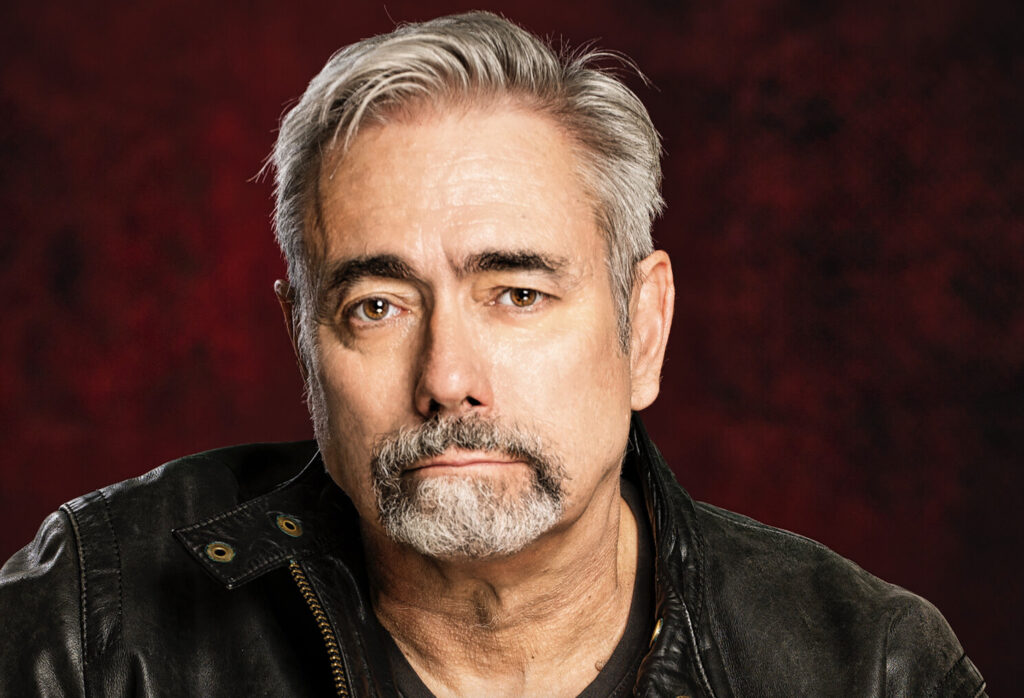Ken Harvey’s new novel explores the richness of a gay life
Vince Ciarlo sat down with Ken Harvey to talk about his new book, The Book of Casey Adair.
In the fall of 1980, young Casey Adair begins a year of postgraduate theater research in Spain, then on the verge of a military coup. As he attends plays and dinner parties, visits gay bars, and becomes increasingly involved in protests, Casey’s correspondence reveals intimate confessions and new understandings. He falls in love with a man named Octavio, gets a role in a major theatrical production, and revels in the awakening of his own sexuality and social consciousness. Then, a visit from his college friend Poppy leads to an emotionally charged evening that changes their lives forever.
Three years later Casey is an educator in Boston, trying to balance finding his voice as an AIDS activist, dealing with an intolerant headmaster, and rebuilding a relationship with his daughter. As dear friends fall ill to the virus, he struggles to understand how his many identities—father, teacher, caretaker, dissident, lover, husband—can coexist. In a world that asks so much of us, what is our responsibility to others and ourselves?
You’ve said that the novel is not autobiographical, yet you did experience first-hand some of the events in the book. Could you explain?
Ken Harvey: Sure. The places, historical events experienced, Casey’s career in teaching and theater – these are all taken from my life. I did spend time in Spain studying theater, I was a teacher for many years, I moved to Toronto – although at a later age than Casey did. I also lived through the coup attempt in Spain in 1981. Pretty much everything else, especially the characters, are products of my imagination.
The Book of Casey Adair is told in letters and journal entries. What made you decide to use this technique?
This is the question I hear most about the book. The short answer is that the book just came to me that way. When I thought about my time in Spain in the early 1980s, so many of my memories involved letters to and from my friends in the USA. Beyond that, though, I wanted readers to feel like they were eavesdropping on the lives of the characters, and I think letters and journal entries create that feeling. Also, because historical events are the backdrop of the novel, I liked the idea of using documents – because that’s often how we learn about history.

So many of the characters in The Book of Casey Adair are flawed yet somehow lovable. How did you accomplish this?
I don’t think I have any secret technique to do this. It’s just how I see people. We are all flawed and we all have wonderful attributes. It’s part of being human. As a writer, I don’t feel it’s my job to judge the characters, but to present them in all their complexities. I also like my characters to be open to change. There’s a character in the novel, for example, who is homophobic when we first meet him. We think we know all about him, but he changes. He ends up being a dear friend of Casey.
Who are some contemporary writers you admire?
So many. I’m a huge fan of Alice Munro. I love how her characters are so multi-dimensional and complex. I think Anne Tyler does something similar, but in a different way. I’m in awe of Peter Cameron. I don’t know another living writer with his range. Lately, I’ve also been reading some amazing queer Black writers like Brandon Taylor and Bryan Washington. Their narrative voices are quite different, but they both are both incredibly captivating story tellers. Taylor’s writing is a master class on how to use just the right detail to set a scene on fire.
Could you talk a bit about your writing process?
I wish I could say that I have a routine, so I’ll say that I try to have a routine. I have a desk at the Toronto Writers Centre and I try to go there as much as I can. But sometimes my writing time is actually thinking time, maybe walking around Toronto. I have very little idea where a story is going when I start. I like to sit at my desk and approach the next sentence or paragraph or page the way I would as a reader. I ask myself, “What would I like to see happen next?” I find writing hard work, but imagining the different paths a character might take can be fun.
Ken Harvey is the author of the memoir A Passionate Engagement and short story collection If You Were with Me Everything Would Be All Right, which won the Violet Quill Award for Best Gay Fiction of the Year.
Visit the author’s website at kenharvey.net.






